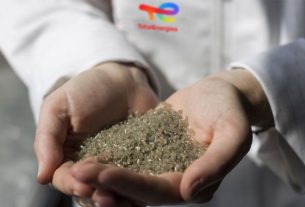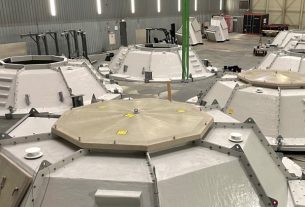Germany – Tomra, Ineos Styrolution, and EGN Entsorgungsgesellschaft Niederrhein have joined forces in a pioneering project aimed at converting post-consumer polystyrene (PS) waste into recycled polystyrene for food packaging applications.
This initiative involves the establishment of a mechanical recycling facility in Krefeld, Germany, capable of processing 40,000 tons of PS waste annually. The project partners bring their respective expertise to ensure compliance with food safety regulations and achieve a true circular economy for polystyrene.
The collaboration between Tomra, Ineos Styrolution, and EGN exemplifies the shared vision of closing the loop for food-contact quality polystyrene. By transforming post-consumer waste into recycled polystyrene, the project aims to reduce the reliance on virgin materials and minimize the environmental impact associated with traditional production processes. Through this initiative, the partners strive to establish a sustainable and circular approach to polystyrene packaging in the food industry.
“Super-cleaning” process
EGN, a subsidiary of SWK AG, will spearhead the construction of the advanced mechanical recycling facility. Equipped with cutting-edge technology, the facility will have the capacity to process 40,000 tons of post-consumer polystyrene waste per year. EGN will oversee the crucial sorting and washing stages, while Ineos Styrolution will implement the “super-cleaning” purification process to meet the stringent food safety requirements set by the European Food Safety Authority (EFSA).
Tomra, through its subsidiary Tomra Feedstock, the company will collect post-consumer polystyrene waste from discarded food packaging and transport it to the recycling facility in Krefeld. This collaboration signifies the commitment of Tomra to achieving true circularity for polystyrene, enabling the material to be recycled and reused in food contact applications.
Carbon footprint reduction
One of the key benefits of this collaborative effort is the significant reduction in carbon footprint compared to traditional polystyrene production. By embracing a circular model, the project aims to mitigate the environmental impact associated with single-use plastics. The recycled polystyrene produced through this process will provide customers with high-performing packaging options while contributing to the global efforts to combat climate change and achieve sustainability goals.




